Nigeria
Nigeria has approved a three-year plan to to borrow more from abroad. This was revealed by Finance Minister Kemi Adeosun on Wednesday after the economy slipped into recession for the first time in more than 20 years.
The West African nation plans to borrow as much as $10 billion from debt markets, with about half of that coming from foreign sources. It is also seeking advisers to manage a $1 billion Eurobond it intends to offer this year.
This also includes looking for soft loans in addition to tapping the commercial Eurobond market and also negotiating with institutions including the World Bank, China Eximbank, the Development Bank of Japan and the African Development Bank.
Nigeria’s budget for 2016 was an estimated $30 billion but the government has so far disbursed more than 400 billion naira in capital expenditure this year.
Adeosun said the drop in oil prices had accelerated the recession and that Nigeria had to tackle structural problems that had stoked inflation. She said interest rate hikes were not the answer.
“If we rely on oil and the price of oil remains low and the quantity of oil remains low, we can’t grow. We have to grow our non-oil economy,” she told reporters in Abuja after a cabinet meeting.
Data on Wednesday showed Nigeria had slipped into recession and the naira was quoted at a new record low of 420 per dollar on the black market as chronic hard currency shortages continued to hurt businesses.





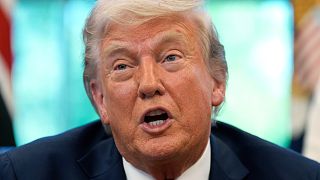
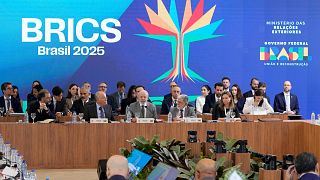
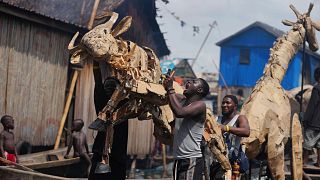

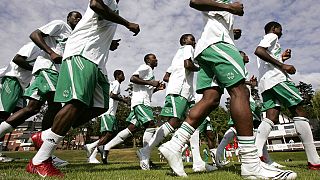
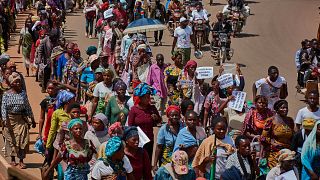
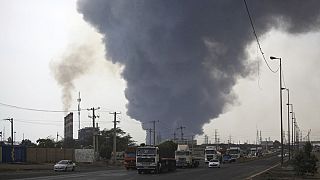

Go to video
Scores killed in attack by gunmen in central Nigeria
Go to video
Air Algeria starts flights to Nigeria
00:57
Nigeria: Tinubu's effort to resturcture the ailing oil sector
06:14
Lagos restaurant feeds the needy during Ramadan amid rising costs
03:24
Nigeria's GDP growth accelerates to 3.84% in fourth quarter of 2024
01:02
Dangote oil refinery to reach full capacity in 30 days